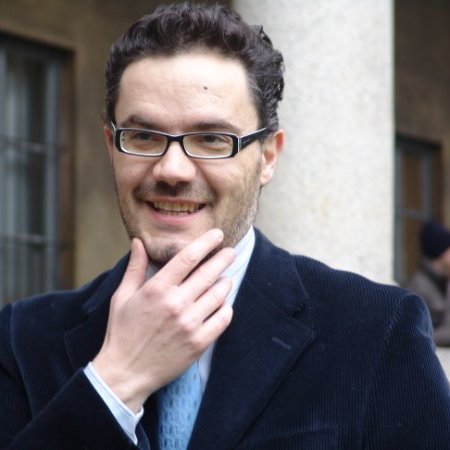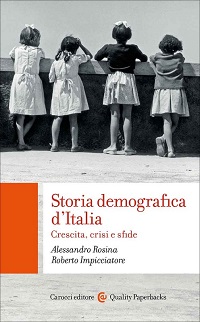| 28/03/2024 | |
| ZETA LUISS - 28 Marzo 2024 |

(Estratto)
Professor Alessandro Rosina, a lecturer in Demography and Social Statistics at the Catholic University of Milan, describes the phenomenon with a neologism: dejuvenation. By 2100, citizens over 70 will be as numerous as those in the 18-69 age group. In other words, for every European in the productive phase, there will be a pensioner to support.
“It’s the inevitable consequence of medical-scientific progress,” explains Professor Rosina. “We have chosen to defeat premature death and live longer. The challenge is to ensure that longevity is accompanied by an improvement in the quality of life. The problem doesn’t concern only the pension system: in addition to pensions, we must guarantee care and assistance for the elderly, and to do so, we need doctors, nurses, drivers, and social workers. We need wealth and workforce, which will be increasingly difficult to find if the active population continues to contract due to dejuvenation.”
The issue is more complex than we imagine: “A society in which welfare cannot be guaranteed for all is difficult to govern. The older age groups, whose rights are not protected, will vote to defend their interests, creating divisions with the rest of the electorate.”
For the professor, there is no single remedy but a cocktail of possible solutions: “We have various models to emulate. Japan has decided to focus entirely on automation and robotics to increase the productivity of a declining population, but has done little on the fronts of female employment and immigration.” Other countries are encouraging migration flows, exploiting the resource to their advantage. “In Italy, the debate on the issue is limited to security aspects: we haven’t figured out how to incentivize ‘quality’ immigration, channeling qualified labor through the right channels to produce wealth.”



